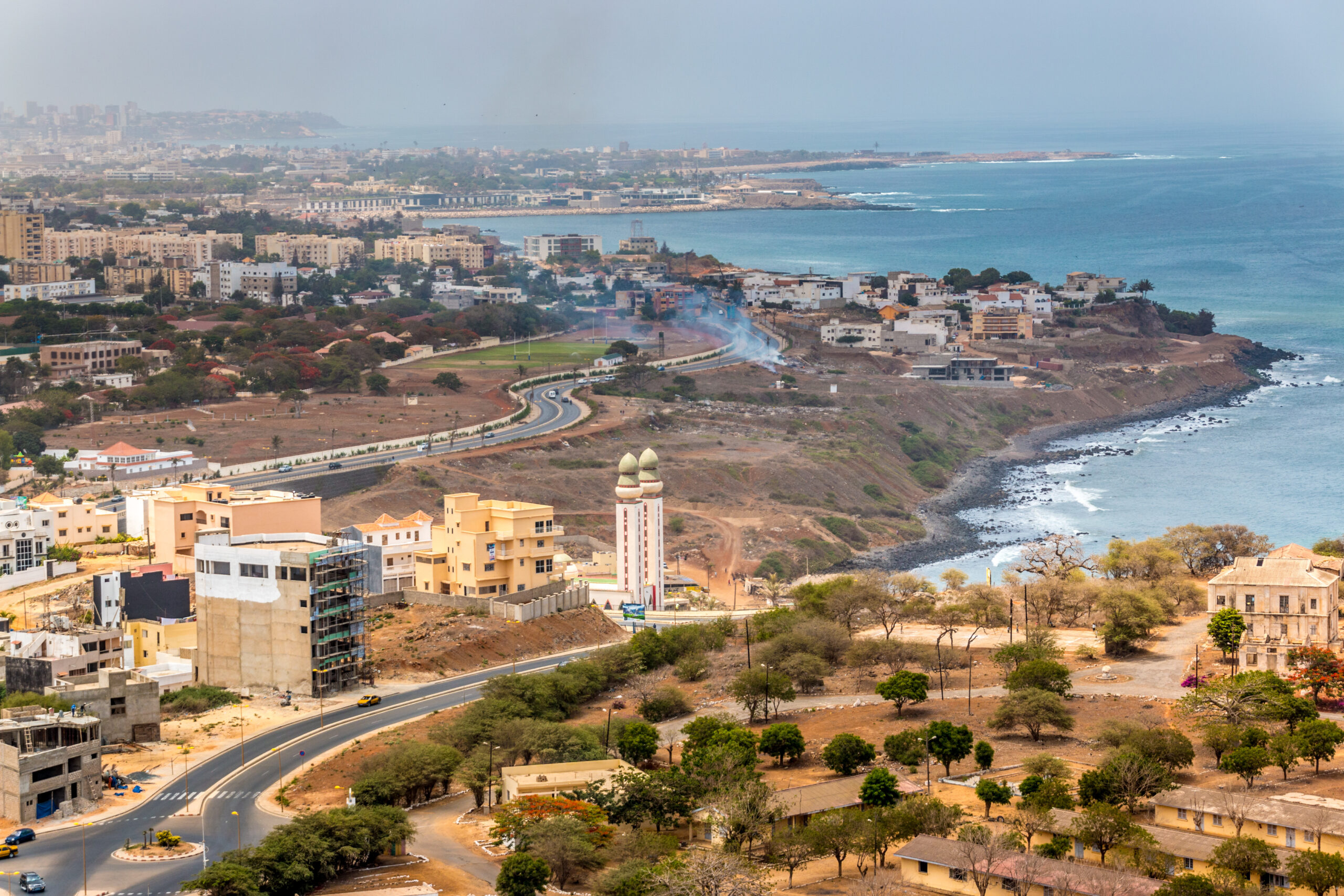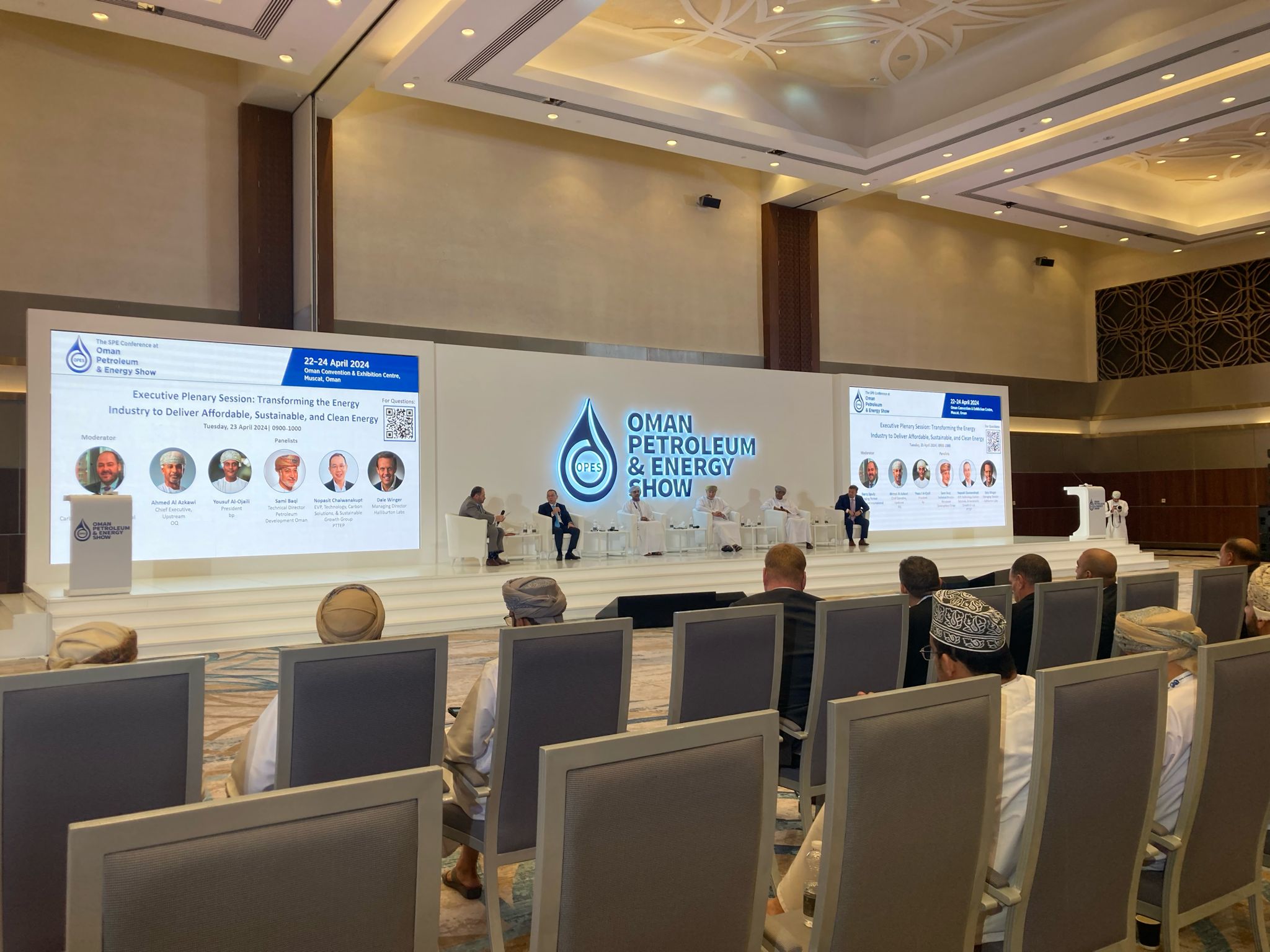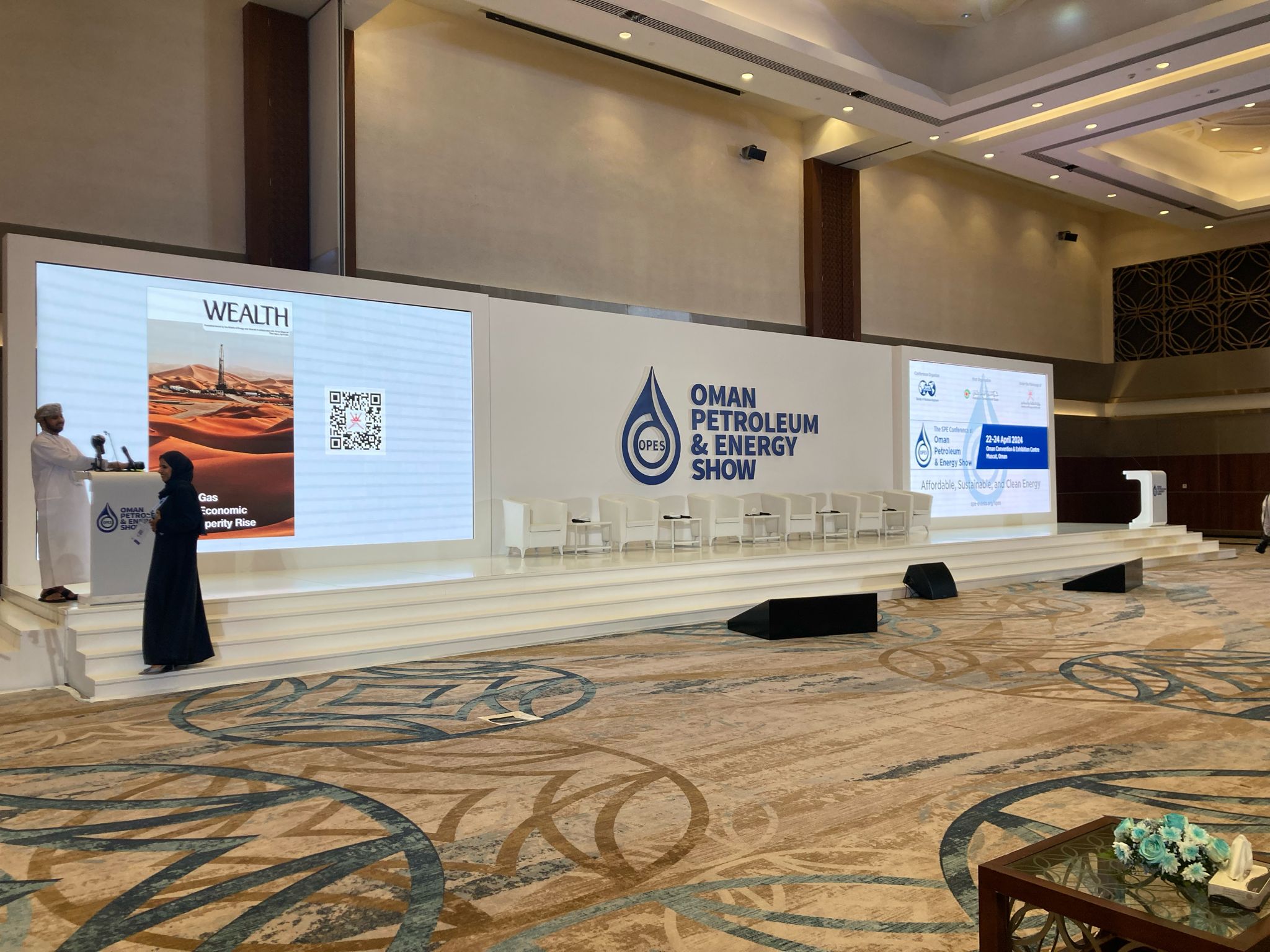Senegal well-positioned to achieve energy transition: report
Senegal’s latest Energy Policy Review outlines progress in renewable energy, highlighting challenges and emphasising the inclusive governance needed for sustainable economic growth.

A new report states that with strong institutions and a clearly articulated vision to pursue sustainable development goals, Senegal is well-positioned to fulfil its energy transition ambitions.
Launched last month the report tagged Energy Policy Review states that with Senegal integrating its climate action commitments with developmental targets, the country will continue its economic growth and development pathway.
The report prepared in collaboration between the Government of Senegal and the International Energy Agency (IEA), also outlines the country’s strategy for sustainable and economic development and its aspiration to become an emerging economy by 2035 under the Plan Sénégal Émergent (PSE).
Senegal’s Energy Policy Review comes at a time when the country is taking stock of progress made within the framework of its Lettre de politique de développement du secteur énergétique (LPDSE 2019-2023) which is a energy sector development policy letter. A new LPDSE is under preparation for 2024-2028, with a consultation launched in July 2023.
The report noted that Senegal’s renewable energy capacity has been expanding, with soaring solar power (245 MW) and wind (159 MW) in 2022. In that year, renewables represented 30% of the share of overall installed capacity in Senegal (hydro included). “Wind and solar power have been growing since 2017 and reached a share of 23% in electricity generation in 2021 thanks to rising investment, notably from IPPs.”
For Senegal, renewables play an important role in the country’s climate and sustainable development strategy. “The government set out targets for renewables in the electricity mix as part of the PSE and installed capacity targets under the NDC. In terms of installed capacity, Senegal has already achieved its targets under the unconditional NDC. Senegal aims to accelerate renewable deployment in the coming years.”
However, Senegal also faces significant challenges, such as balancing energy security, affordability, and sustainability, as well as adapting to the impacts of climate change. The report highlights areas where Senegal’s leadership can serve as an example, such as promoting universal access to modern energy. It also encourages the exchange of best practices among countries to foster learning, build consensus and strengthen political will for a sustainable and affordable clean energy future.
Phased approach to net zero?
Malamine Badiane, a climate analyst at CorpsAfrica, said achieving a delicate balance between developing oil and gas resources while pursuing net zero involves a phased approach. He said Senegal can prioritise investments in clean technologies and offset emissions through nature-based solutions.
“Stringent environmental impact assessments for oil and gas projects can minimise its ecological footprint. Furthermore, international collaboration becomes pivotal, allowing Senegal to benefit from technology sharing and expertise, ensuring responsible resource development within the framework of ambitious climate goals.”
Alpha Faye, a climate and energy expert who is a member of the Economic, Social and Cultural Council of the African Union (ECOSOCC/AU), said as an emerging gas producer, Senegal has been proactive in creating a diversified and cleaner energy mix, which unites ambitious gas expansion plans with large-scale renewable energy development, in order to facilitate the energy transition and achieve long-term energy security.
He said under the governance of President Macky Sall, the country has strengthened its wealth in renewable energy so that it become a pillar of economic growth and electricity production, to increase its share in renewable energy by 30% by 2025.
Prioritising renewable energy
Badiane noted that in addressing Senegal’s multifaceted energy challenges, a pivotal strategy lies in the prioritisation of renewable energy sources. He said diversifying the energy mix and investing in local capacity building are paramount.
“Ensuring community engagement in sustainable energy projects not only enhances local ownership but also aligns with global climate objectives. Moreover, a proactive approach to climate resilience, incorporating nature-based solutions like afforestation and sustainable land management, can mitigate the impacts of climate change and foster long-term energy sustainability.”
Faye noted Senegal is launching a diversified energy mix that prioritises the co-development of natural gas and renewable resources. He said the country’s strategy promotes rural electrification and industrialisation as a catalyst for economic growth.
“Under the government of President Macky Sall, Senegal is known for having favoured a balanced energy mix and the promotion of the energy sector through the extension of its electricity network and its industrial park. The country’s leaders understand that in a context of energy transition, Senegal experiences realities that are different from those of Western countries.”
Challenges for renewable energy
While Senegal is making strides in renewable energy, Badiane said challenges persist. He said the intermittent energy production remains a concern, emphasising the need to enhance energy storage solutions for a consistent power supply.
“High initial infrastructure costs also pose a challenge, necessitating a conducive environment for private sector involvement through favourable policies. Leveraging international partnerships for financial and technical support becomes crucial in overcoming these challenges, ensuring a resilient and sustainable trajectory for renewable energy development in Senegal.”
Inclusive energy policy reform, partnerships
According to the report, the government needs to prioritise actions to complete universal access to energy, support system integration of higher shares of variable renewables through a clean power strategy and the development of related infrastructure. “The governance of the agencies entrusted with the energy sector implementation and their funding is going to be an important lever to complete the reforms and create more efficiency and synergies.”
Badiane said Senegal has demonstrated noteworthy practices in energy policy reform, primarily through robust stakeholder engagement. He said by actively involving diverse voices in decision-making processes, the country ensures that policies are inclusive and reflective of local needs.
“Additionally, Senegal’s success lies in the careful crafting of regulatory frameworks that attract investments, creating an environment conducive to sustainable energy development. These lessons emphasise the importance of collaborative, transparent, and investment-friendly policies.
Alpha added that Senegal’s electrification rate at 78.6% is one of the highest in Africa, but masks deep disparities between urban and rural areas, geographic regions and income groups. He said that to achieve universal access to electricity Senegal has to increase the rate of rural electrification from approximately 61% today to 100%.



